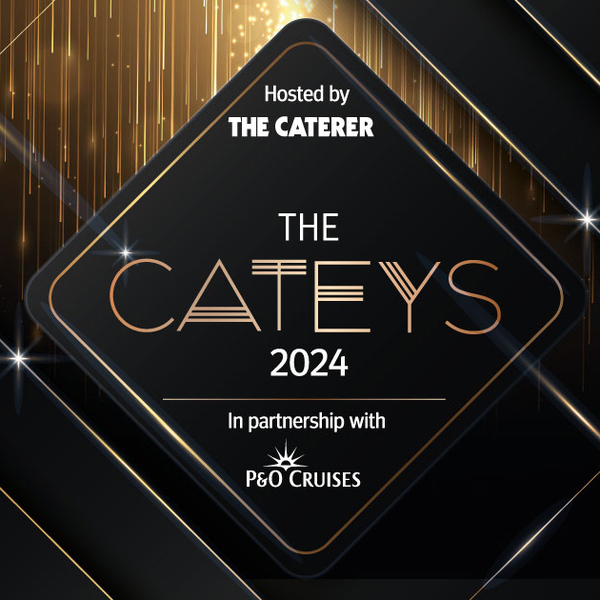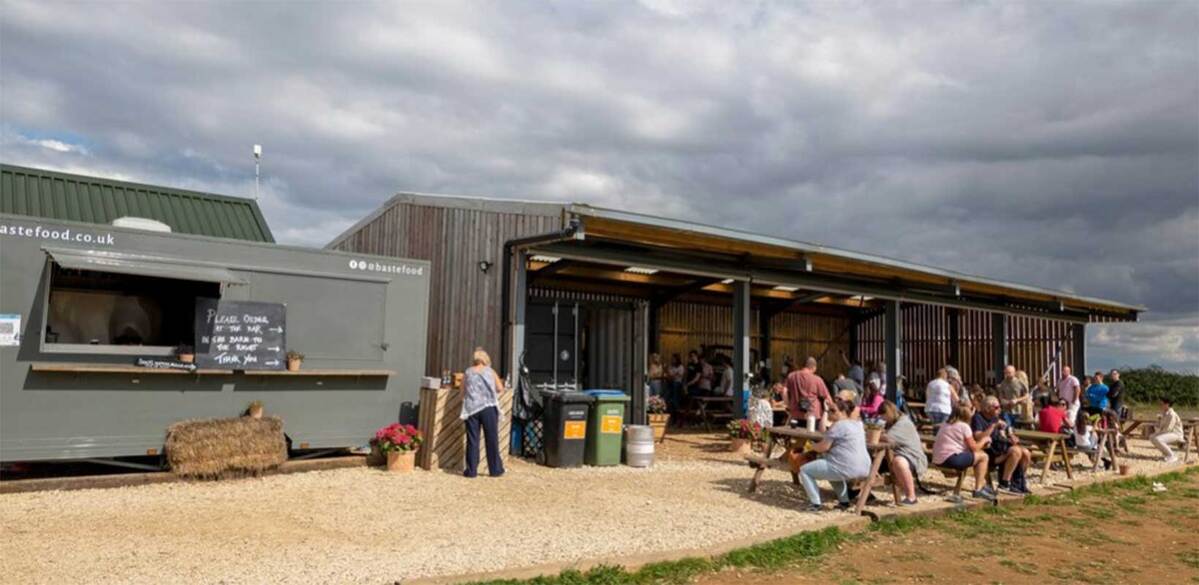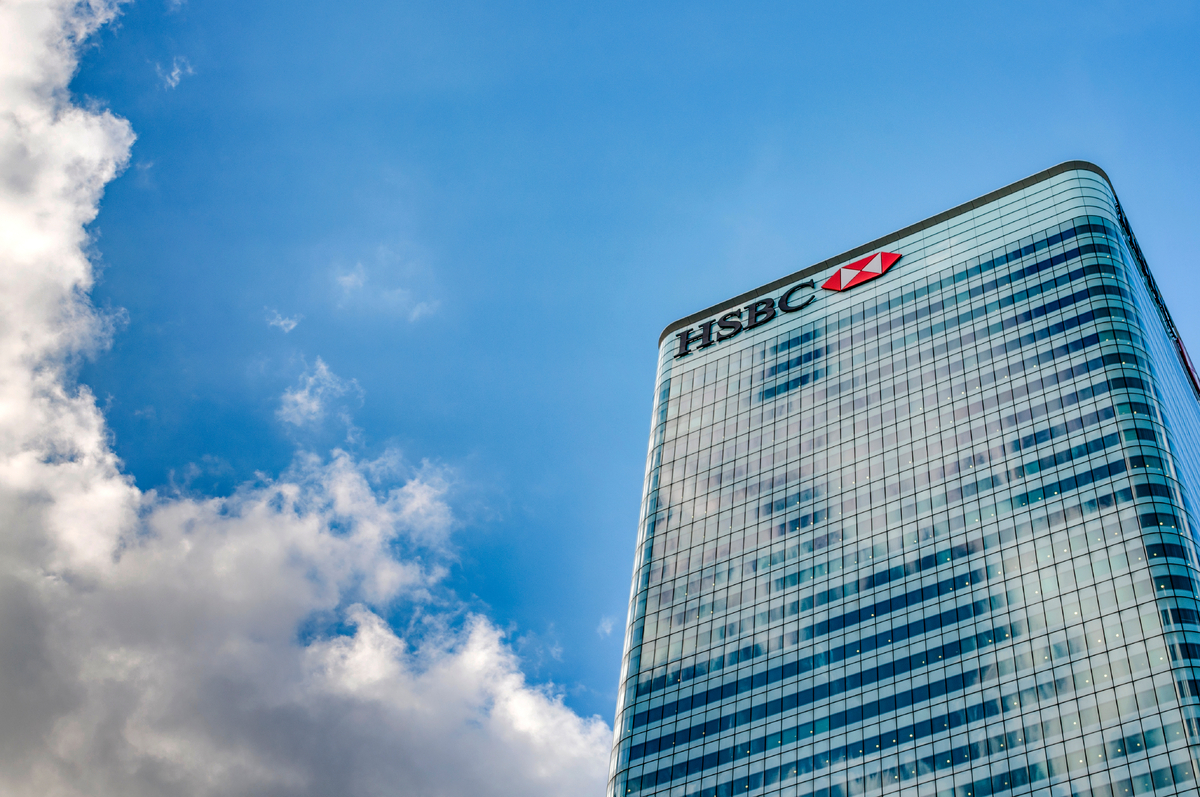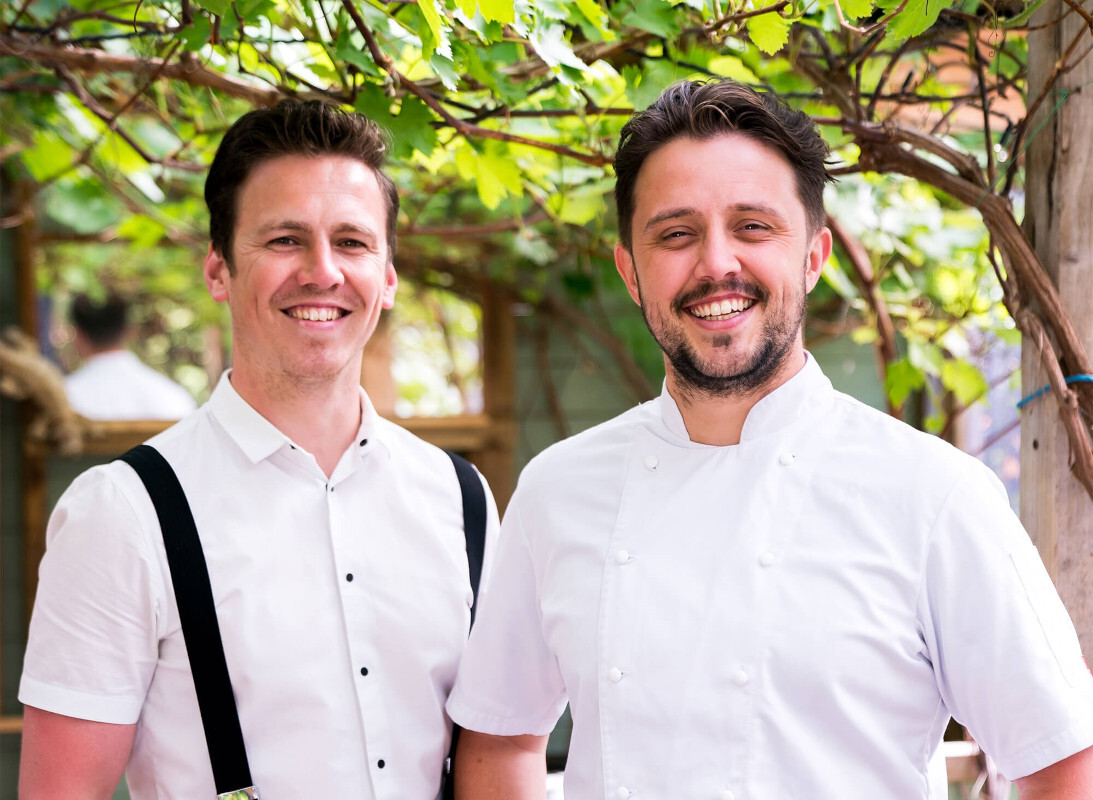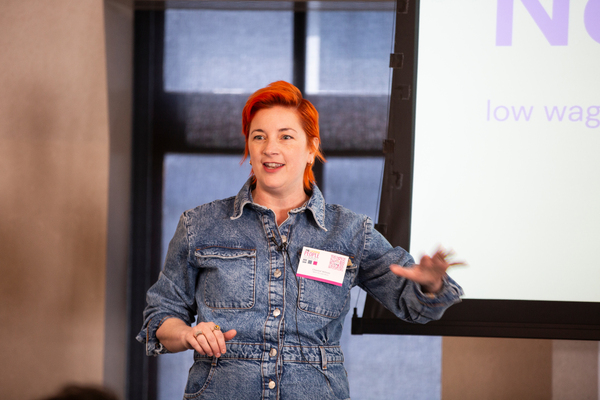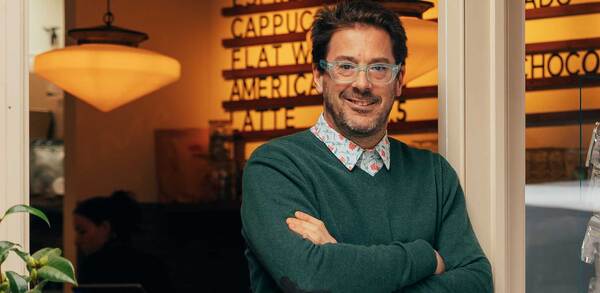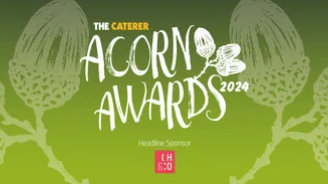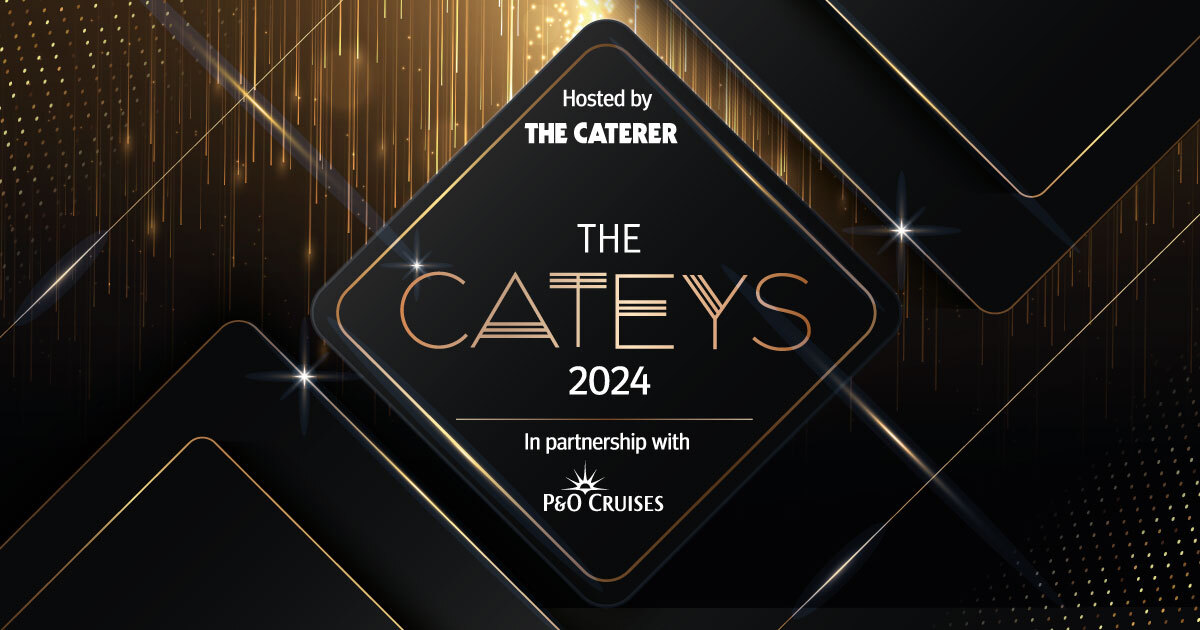An instinct for hard work
It would give pain to management gurus and spoil the sleep of the average accountant, but when partners Peter Jewkes and Helen Bartlett decided to expand their business there wasn't a business plan in sight. Ignoring market research and profit forecasts, they chose instinct and hard work as the tools to make the thing work.
Toxique, their "restaurant with rooms", just outside the Wiltshire town of Melksham, had been open for four years. Despite rave reviews from the restaurant press (County Restaurant of the Year from The Good Food Guide 1994), its out-of-the-way location and selective opening hours (Wednesday to Saturday for dinner, and Sunday for lunch) meant business merely chugged along.
After some creative thinking, they discovered several new sources of business to use up their spare kitchen capacity. Customers had often asked: "Do you do weddings or dinner parties?" They had also developed a minor sideline supplying Traiteur - ready-made gourmet dishes - to a delicatessen in Bath. In addition, they decided to open seven days a week (making them eligible for Which? Hotel Guide's County Hotel of the Year award, which they have just won).
They now have a thriving weekday restaurant business, and a booming Traiteur business encompassing weddings, parties and lunches.
Bartlett, a self-taught chef, says: "We didn't want to end up doing all the Traiteur on our days off, so we had to get someone to help. Then you have to get enough business to justify it." Hence the seven-day opening.
They have had some luck along the way - finding the right people to help manage the restaurant and kitchen made seven-day opening possible, leaving them free to develop their offshoots. And luck was certainly with them earlier this year when they met Eric Lepine, a chef at Lucknam Park, and his pastry chef wife Sarah. The Lepines joined them in July - Eric acting as co-chef under Helen's direction, and Sarah taking over front of house from Peter on his days off.
To advertise the launch of Toxique Traiteur, Jewkes designed a tasteful brochure listing Traiteur dishes - from honey-glazed poussin, stuffed with prunes and thyme, to chargrilled, marinated swordfish with lime, chilli and coriander. The brochure also advertised their services as a "one-stop shop for weddings and parties of all sorts and sizes".
In July, the brochure and a flyer stating the new opening hours were sent to 800 people, doubling turnover in the restaurant. "People see you differently when you are open all week," Jewkes said.
"We used to turn people away on Sundays and Mondays," says Bartlett. "Very few restaurants around here are open then." The four rooms above the restaurant have also been busy, with occupancy improving by about 60%.
Jewkes says their business philosophy has been: "Say yes to everything. When you see a bottleneck coming, plan around it. Things can get a bit frantic, though, as everything has to go out fresh."
Bottlenecks are usually alleviated by extra staff, drawn from the couple's wide network of people who can help out in a crisis. Their part-time pastry chef, who comes in once a fortnight to bake bread and prepare pastry (subsequently frozen), has proved an asset for parties.
Volume has increased so much that a full-time member of staff was taken on this autumn to handle the Traiteur work.
These juggling and fire-fighting methods would give a control-freak nightmares. Yet confidence and creativity are hallmarks of the Jewkes and Bartlett method. That, plus family investment, a friendly banker and a lot of courage enabled former architect Jewkes and dress designer Bartlett to convert an old farmhouse into a restaurant when the hospitality industry was going through a lean time.
Within a year, Bartlett's food had been described as "blissful" by Craig Brown in the Telegraph magazine, Egon Ronay praised her imaginative saucing, and the Good Food Guide had described the fixed-price menu as "one of the best deals in the region".
Jewkes is blessed with a genuine enthusiasm for fine food and wine, and a natural friendliness that makes him the most engaging of hosts - even when the restaurant is empty, he can leave you feeling as if you have had a lively time.
Bartlett's approach to the Traiteur food has been fastidious and precise. To decide which food should be sold in the delicatessen - The Fine Cheese Company in Bath - the pair toured the fine food counters of London delicatessens, including the Harrods food hall. It was a revelation to see what sold, what looked appetising in a cooked but cold state, and what tasted good throughout its three-day shelf life.
"Most of our fresh dishes are marinated - stuffed squid and tuna, or peppers with garlic and shallots," says Bartlett. Blackberry or apricot tarts, and apricot strudels are popular, as are the enormous vol-au-vents Bartlett stuffs with smoked chicken or seafood half an hour before they leave her kitchen.
"People go for things they think are too complicated to cook," she says. Her salmon and monkfish fish cakes sell well - "they are cheap but very fiddly to make".
The delicatessen owners like to keep dishes at £3 or less per quarter pound. Once their mark-up is put on the dishes, that leaves only a modest net profit. The outside catering is most profitable.
Jewkes explains: "We can price the dishes we offer for parties and dinners at less than they would cost in the restaurant, and still make a better profit. In the restaurant, we mark up 200% from cost price, but have to take the overheads out of that. For Traiteur, we add maybe 100%, but we hardly have any overheads."
When waitresses and pot-washers are needed for parties they are charged separately and by the hour. Toxique Traiteur's terms include seven days' notice for orders, a 50% deposit with the order, balance on delivery, plus extra charges (negotiated) for delivery.
As Traiteur business is fairly local, Jewkes or Bartlett deliver the food in their estate car. "If it gets bigger, or we have to go further, we will need to consider getting a refrigerated vehicle," says Jewkes.
That would bump up the cost of expansion considerably. So far it has cost £1,000 for the brochure printing and mailing, plus £125 to buy a mailing list of 500 local businesses, which will be targeted with Christmas party ideas. The other expense was buying foil and card packages to deliver the food in. Crockery and cutlery has been hired from local firms.
There is talk of hiring another chef and of expanding the kitchen. Does that depend on hitting profit targets? Jewkes laughs: "It is not sensible to have targets. Business plans are only numbers on a page. I prefer to think we work like Richard Branson: the concept is the important thing, work out the numbers afterwards. You have to believe what you are doing is going to work. Then get out there and make it work."
